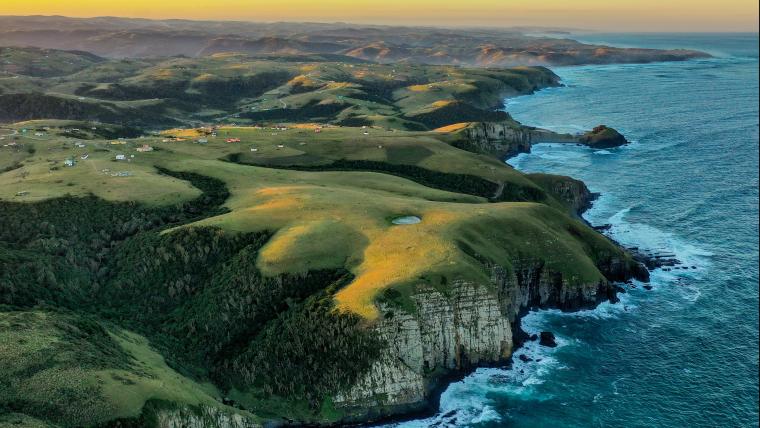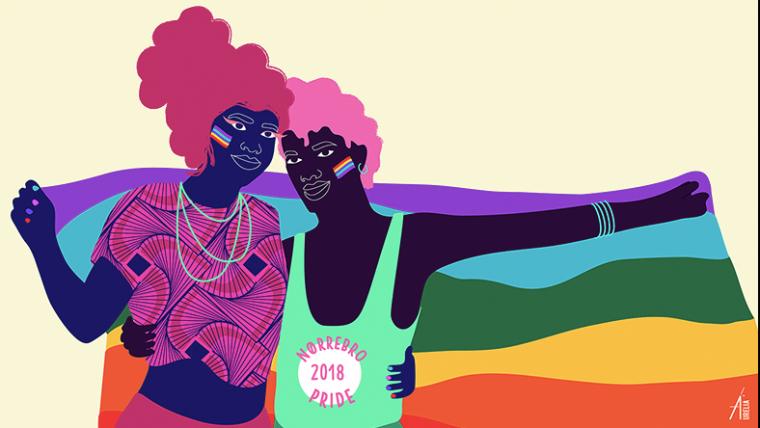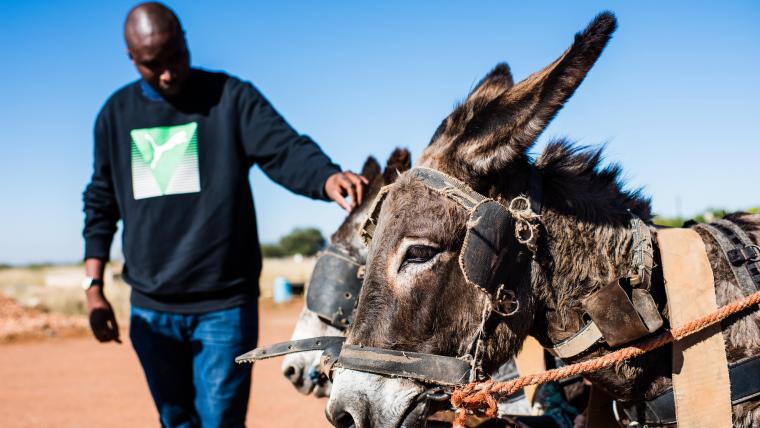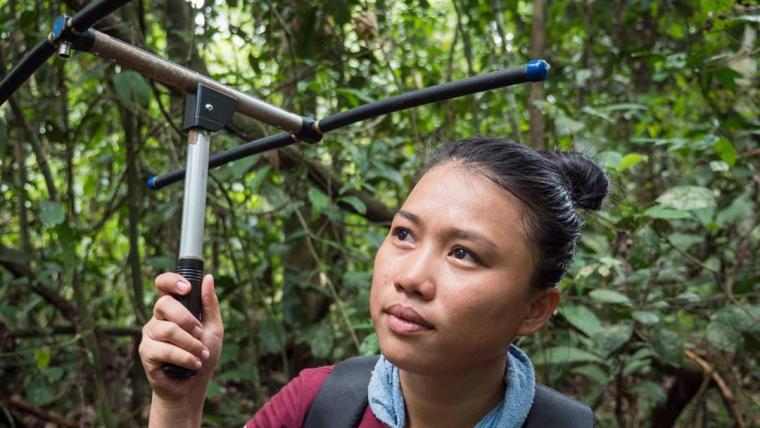
She changed her life’s course to save one of Hawai'i’s rarest birds
Hanna Mounce is not a birder, but she’s tracking one of the world’s rarest birds – kiwikiu. Endemic to the island of Maui, approximately 150 of the honeycreepers remain. When Mounce moved to Hawai'i, the conservation biologist's life charted a new course. “I realised there were so few people working on these species and that we could actually make a difference with them,” she says. “That’s what drew me in to care about them and be passionate about saving them.” Today, as the Research and Management Project Coordinator with the Maui Forest Bird Recovery Project, Mounce is racing against the clock to rescue kiwikiu.
Since the arrival of people in Hawai'i, the island chain has experienced successive waves of extinction. Over half of their bird species have disappeared. Mounce emphasises that extinction is not a phenomenon of the past, but an ongoing process. “Hawaiian bird populations have been decimated by habitat loss, invasive species, and diseases, of which avian malaria has been the most impactful,” Mounce explains. And in Maui, kiwikiu is critically endangered.
Climate change further exacerbates the bird’s vulnerability to malaria. Kiwikiu are isolated to a small section of high elevation forests where they have made their home to evade non-native mosquitoes. But even small temperature changes enable the insects to move higher up, placing kiwikiu at risk. To combat avian malaria, Mounce and her team plan on implementing mosquito birth control. The technique has been previously used against human diseases, and involves the release of sterile male mosquitoes to mate with females, subsequently reducing the population over time.
Alongside this, Mounce is sharing the value and importance of kiwikiu through outreach work. Many people may have never heard of the kiwikiu, which only received its Hawaiian name in 2010 after its original name was either lost or never given due to the bird’s scarcity. Mounce in particular highlights kiwikiu’s role in the forest, as they contribute to the watershed that sustains the island and its people. “Kiwikiu have been part of the fabric of Hawaiian culture and ecosystem for centuries,” she says. One day, Mounce hopes to return kiwikiu to the lower slopes of Maui where more people will be able to connect with this small yet significant forest bird. “Everything we do right now is going to make a difference to turn the tide so that we still have these species around,” Mounce says.
Footage and photos by Hawai'i Department of Land and Natural Resources, Mohamed bin Zayed Species Conservation Fund, and Maui Forest Bird Recovery Project were used in the creation of this film.






























Please sign in to leave a comment